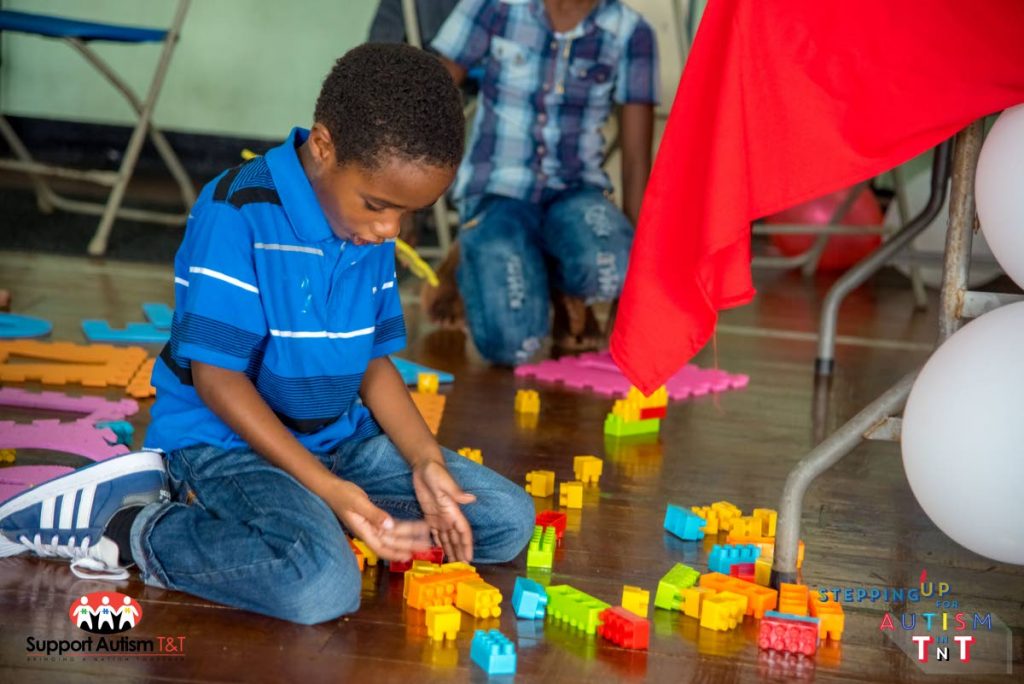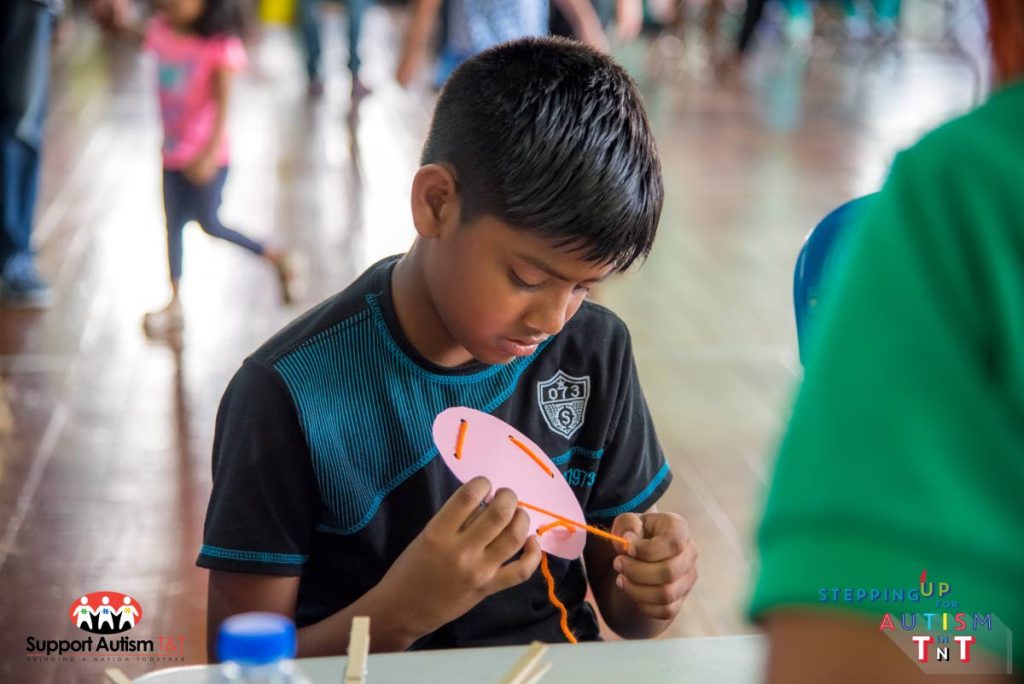Moving towards inclusive education

DR RADICA MAHASE
David and Kathy got married and had a little boy named Mikhail. When Mikhail was about two years old, the nurses in the health centre noticed that he was not developing as a neurotypical child. His parents were referred to the paediatrics department in the hospital, where, within three months, they were told that their son has severe autism.
At three, although Mikhail was not communicating verbally and was not potty-trained he was enrolled in an early childhood care centre. He had a teacher and a teacher’s aide who were trained to deal with his special needs and who worked with his parents to ensure that he was educated in a manner he responded to.
When Mikhail was about six he was enrolled in the government primary school nearby. Here, the teachers are trained in special needs education and he was given a teacher’s aide who assists him individually. More importantly, he is in a school which recognises that he has to be taught in creative ways and which provides the resources so that this can happen. He has an individual educational plan (IEP) and methods of assessment have been modified to ensure equitable opportunities at success. Within the education system there is a support network for Mikhail, his parents and his teachers.
The above scenario is what inclusive education looks like and what we need to have here in TT.
Inclusive education means different and diverse students learning side by side in the same classroom. According to UNICEF, “Inclusive education is the most effective way to give all children a fair chance to go to school, learn and develop the skills they need to thrive.” It means that every child regardless of abilities or levels of development can access a learning environment and be given the opportunity to learn.
In TT, an inclusive education policy was accepted by Cabinet ten years ago. It states, “All children with special educational needs inclusive of those with sensory and physical impairments, severe emotional and neurological disorders, children who are mentally challenged or experience specific learning difficulties, should have the option of receiving education at a school within their community where feasible or at a public or private special school.” It notes that schools must respond to the diverse needs of their students; have support and service to match the range of students' needs; have continuous professional development for administrators and teachers; and an inclusive approach to curriculum design and development, amongst others.

Ten years later and the Ministry of Education is now attempting to implement this policy.
Recently there was a series of consultation sessions which, according to Dr Dennis Conrad, director of Student Support Services, were meant to “invite critical stakeholders to be partners and through collaborative problem-solving help develop and apply a local and relevant model of inclusion; to also invite and provide further recommendations so that we can inform the framework of our inclusive schools project in 2020.”
According to Dr Conrad, “All schools must recognise and respond to the diverse needs of their students; accommodating both different styles and ways of learning and ensuring quality education.”
The Ministry of Education is under criticism for turning a blind eye to special needs education all these years. And now that the ministry is focusing on special needs education many individuals and organisations, especially non-governmental organisations (NGOs) advocating for the various special needs, are very sceptical. Many believe that it is just a political ploy as TT gears up for a general election in 2020. Many parents feel hopeless, probably out of frustration as their children have not been enrolled in schools for years, some never at all.
As a caregiver of a child with autism who has not been to a school for more than two years, I understand parents’ frustrations. But I also believe that whatever the motives, as a country we need to step up. Changing our education system to include those with special needs is crucial and the implementation of the IEP is a good place to start. I believe that in order to move forward we need to take advantage of all opportunities to work together with government, if only to ensure that our voices are heard and that our ideas are adopted. Because at the end of the day, while we play tug-of-war, our children are the ones who are losing out.
Dr Radica Mahase is founder/director, Support Autism T&T


Comments
"Moving towards inclusive education"